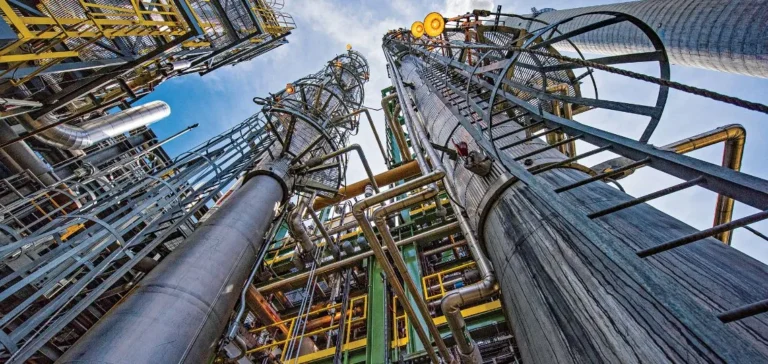Frontier Infrastructure Holdings announced the completion of the J1-15 well at the Sweetwater Carbon Storage Hub (SCS Hub), in partnership with the University of Wyoming’s School of Energy Resources. At a depth of 18,437 feet (5,618 metres), this well is now the deepest ever drilled in the United States for a Class VI carbon storage project. This technical milestone marks a major step forward in advancing carbon capture and storage projects in the region.
A well targeting multiple formations
The J1-15 well was designed to reach the Nugget Sandstone formation, with 147 feet of core recovered, and was then extended to the Madison Limestone, a formation identified as a priority for its porosity and injection potential. This dual-target approach allows for a broader assessment of the site’s storage capacity. Initial analyses show geological similarities with an acid gas injection site located about 25 miles to the north, confirming the potential of the SCS Hub.
The Center for Economic Geology Research (CEGR), affiliated with the University of Wyoming, is overseeing the geological evaluation. Teams are analysing core samples, well logs, and water collected to characterise the reservoirs and ensure seal integrity. These data will provide a critical basis for validating future storage operations.
Regulatory coordination and technical validation
Drilling the J1-15 well required close coordination with several regulatory bodies to secure Class VI permits, essential for the permanent storage of carbon dioxide. Frontier and its partners stated that regulatory and technical planning was critical to safely reaching this depth.
The decision to extend drilling into the Madison Limestone builds on experience from the Shute Creek site, the largest carbon capture and storage project in North America. The formation has already been successfully utilised there, reinforcing the strategic interest of a similar development in Sweetwater County.
Next operational steps
The project now moves into a phase of detailed modelling and preparation for injection. Upcoming work will focus on validating long-term storage capacity and developing the infrastructure required to receive carbon dioxide streams from regional industries.
The SCS Hub is supported by the U.S. Department of Energy through the CarbonSAFE initiative, which aims to develop large-scale carbon capture and storage hubs. Frontier and its partners believe that the results obtained so far enhance the site’s credibility and confirm its potential contribution to the carbon storage sector in the American West.






















